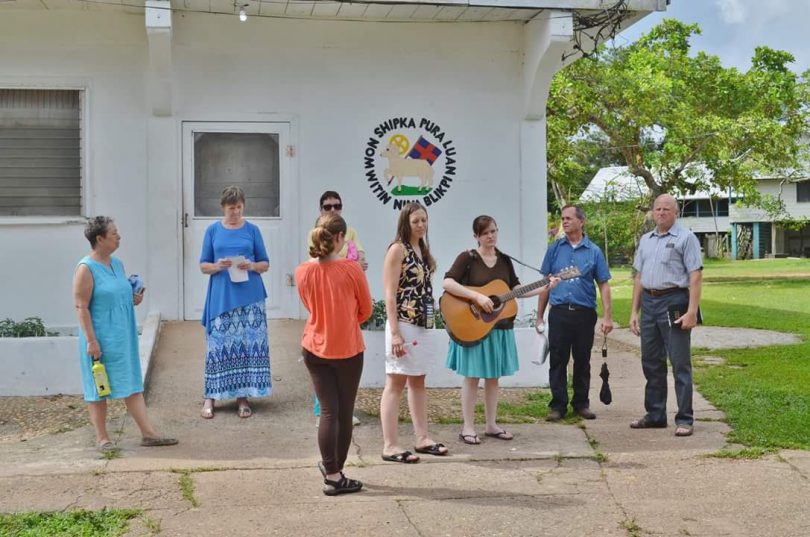Assigned Texts:
- Genesis 38-15
- 2nd Corinthians 4:13-4:1
- Mark 3:20-35
Today I am focusing on the text from Paul’s second letter to the Corinthians. Here Paul gives us an excellent perspective with which to view the hardships of life, which have been numerous for us in the past year and a half.
Think for a moment about how we use goggles that help us see more clearly underwater. Without them, everything is fuzzy, and our eyes might even burn. But with them, we see the underwater world more clearly. Paul here gives us the reassurance that God is with us through the ups and downs of life. And to help us see the God who is always ready to pick us up when we need it.
Over this past year, with the never-ending pandemic, racial unrest, and political turmoil, many of us have felt overwhelmed. Maybe some of you have to deal with a toxic person in your life that just keeps showing up when you least have time or energy to deal with them. There can always be complicated issues in the relationship between parent and child, whether it is the terrible two’s or the troublesome teens.
How do we handle it when life just keeps dumping on us?
One of the consistent themes of Paul’s 2nd letter to the Corinthians is how the death and resurrection of Jesus make a difference in our daily lives. Here Paul urges his readers that as we move through life, we participate in this cycle through our own suffering and carrying the burdens of others. We do this by accepting God’s forgiveness and reconciliation and by extending that to those in our lives. Broken relationships are difficult ones to carry, so why not allow for grace to lift that burden?
Paul encourages us to look to a better future when we allow reconciliation to transform our present trials and frustrations. This is what preacher and writer Rob Bell calls taking a sacred view of tomorrow.
The sacred view of tomorrow begins with realizing that today is not how things will always be. Rob Bell says that the first step is to recognize that this present moment is like a wave in the ocean that crashes down upon you. While the wave is tossing you about, things can be scary; you might even doubt that you will get out of it. But the first step in getting through this crisis is to realize that this is only a wave, and it will not last. This moment in time is not all moments for all of time. This current crisis will pass, you will learn how to adjust, you will learn how to live through this. We begin this process by taking t begins the long view, rather than only seeing what is present in this moment.
While you are in this challenging moment, it is also essential to stay calm and know that stillness is your ally. But how often is it that when life gets most difficult, we find that we abandon stillness and panic sets it? It has often been noted that major automobile, train, or airline accidents are not the result of one mistake but the second or the third reactions made from panic or fear.
Taking the sacred view of tomorrow means taking the view that dealing with today’s problems is but a building block for tomorrow. For instance, a series of sub-zero nights in most of the lower 48 states in the US will cause a real crisis. But in Bethel, Alaska, this is the norm, and so they have learned how to build their homes, wear their clothes, eat the right foods, and structure their life in a way that not only helps them to survive but to thrive in that environment.







